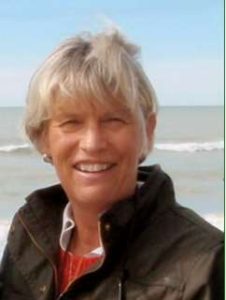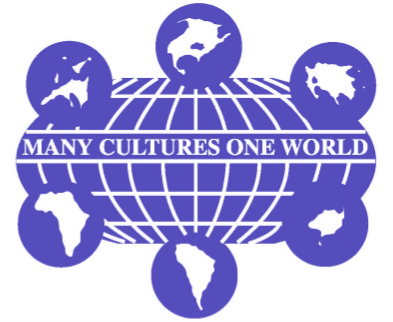 The establishment of Transcultural Nursing over the past 5 decades has impacted not only the quality of care provided to patients, but it has given nurses worldwide a proud platform to call their own. Those of us who matured as nurses in the 60s remember well how frustrating it was, especially in hospital nursing, to struggle to provide care in settings where we were understaffed and powerless to change what we knew was a dangerous and impersonal environment. We knew what patients needed, but were running full speed to catch up, feeling empty and exhausted at the end of a shift knowing how many needed so much more than the technical care we barely were able to provide. It was called burnout.
The establishment of Transcultural Nursing over the past 5 decades has impacted not only the quality of care provided to patients, but it has given nurses worldwide a proud platform to call their own. Those of us who matured as nurses in the 60s remember well how frustrating it was, especially in hospital nursing, to struggle to provide care in settings where we were understaffed and powerless to change what we knew was a dangerous and impersonal environment. We knew what patients needed, but were running full speed to catch up, feeling empty and exhausted at the end of a shift knowing how many needed so much more than the technical care we barely were able to provide. It was called burnout.
When Madeleine Leininger started to write about culture care, and published her first paper on the Theory of Transcultural Nursing in 1978, it was like a light bulb was turned on for many of us struggling with whether to remain in the profession. We had finally found a voice and a reason why we were struggling. “ Nursing is caring… caring in the context of culture…. Medicine is curing…. There can be care without curing, but no cure without caring.” Her words still ring so loud and clear. Bingo. We knew this in our hearts, but were unable to provide it because of the toxic environment of institutional care. We are about caring, not just counting IV drops (which we had to do in those days). This is who we are and why we should defend our profession and proceed with confidence.
The research, doctoral programs, Journal of Transcultural Nursing, Certification Program, Transcultural Nursing Society, annual meetings, local and international chapters of TCNS, and global involvement followed. What is culture care in diverse settings? How do people define care in their cultural context? How does it make a difference to offer culturally competent care? How do we study care impacts quantitatively and qualitatively to change course?
The Transcultural Nursing Society celebrates 45 years since its establishment this year. It has been a lightening rod for those truly interested in understanding the value of culture care worldwide. The annual meetings over the decades have drawn curious, enthusiastic, and scholarly nurses and other health care professionals into the mix to listen to fascinating international studies and clinical applications of care making a difference by offering or teaching about cultural competence. The certification program has been successful and sought after for its training and recognition of nurses who understand the field and how to implement practices in clinical and public health settings.
We should be extremely proud of the field of Transcultural Nursing as it has evolved since it was founded in the 1970s in Salt Lake City by Madeleine Leininger and her esteemed colleagues. We have defined through research and practice our greatest professional attribute: “Care as the essence of nursing” as described many times by Dr Leininger herself. We are translating the nursing knowledge that we have articulately discovered and described into global culturally competent care. Most importantly, we have learned through this knowledge to stop, listen, touch, love and value what individuals and groups very different from ourselves need and require to confront health challenges any of us may one day face in a strange and intimidating cultural context we call a health care system.
Transcultural Nursing Scholar
